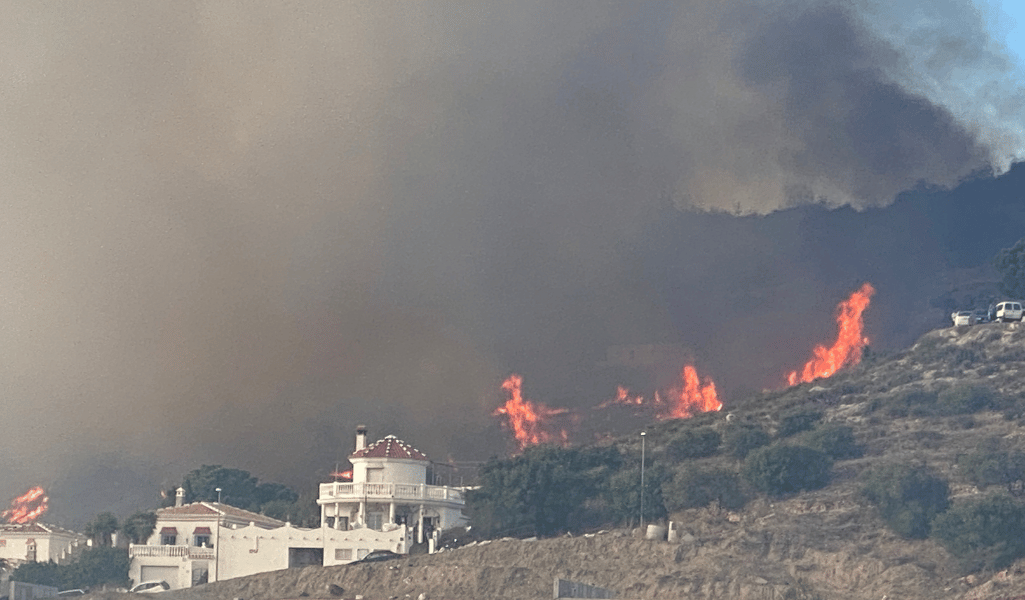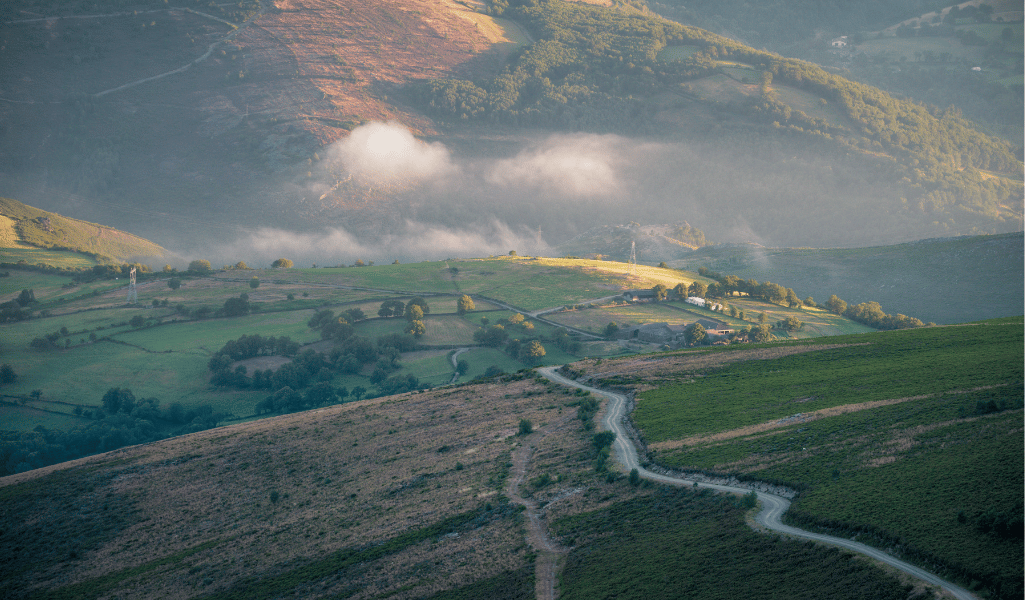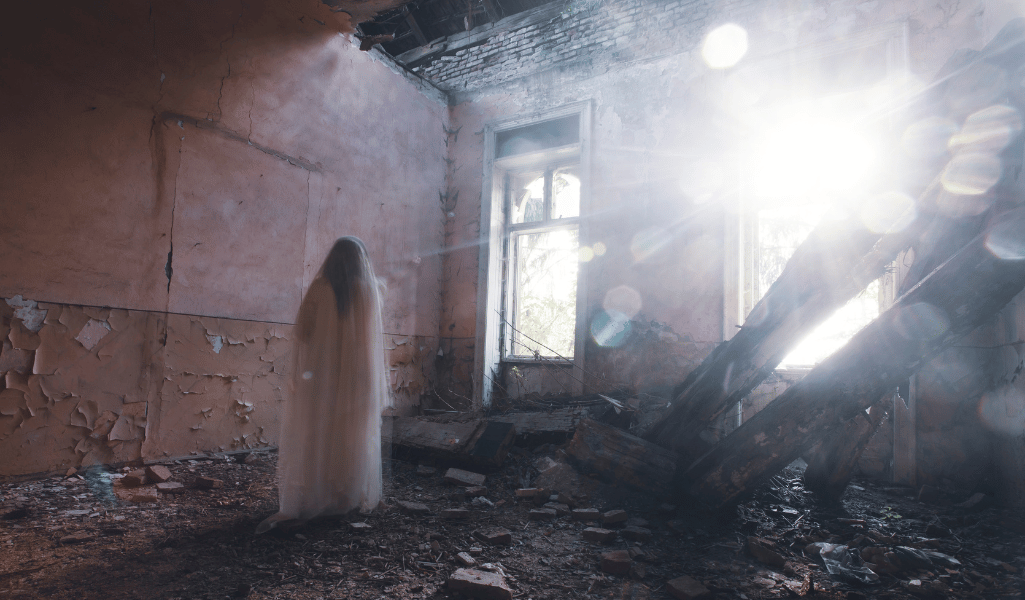There are many reasons why some of you might want to avoid living in ‘the campo’ in rural Spain. But don’t be put off!
With the help of Walter Ego & Tommy, Skatz tells you the reasons some people have moved into the towns and cities instead, and gives some advice on being prepared for living out of town.
Prefer to watch the video? Click above. Or carry on reading!
Skatz: Why should some of you avoid living in the campo in rural Spain?
Walter: It’s the Spanish dream!
Tommy: It’s very peaceful!
S: And it’s beautiful too, but there are many reasons why it might not be right for you. And you should take these into consideration before you make a decision about exactly where to live in this gorgeous country.
W: Aargh!
S: No need to be afraid Walter, I only want people to avoid some of the pitfalls and know what to expect from their new life in Spain.
T: It’s common sense!
S: That’s right, Tommy. So let’s get straight into it.
W: Number one!
S: Utilities! Electricity, gas, oil, water, and broadband. There will probably be more times when some of these services will experience difficulties if you’re living in the campo than if you’re living in a town or a city.

W: Why’s that?
S: If you’re living in a town and there’s a power cut, it tends to get fixed more quickly because it will be affecting more properties and it’s easier to access the problem. But if it’s only one or two properties, and the fault is somewhere on a very long cable, you’ll be out of power for longer.
W: I like the simple life.
S: If that’s what you’re looking for, you might not be worried about not having speedy fibre broadband for example, or even reliable broadband. And you’ll be okay with getting water delivered into your storage container. Just remember to keep an eye on how much you’ve got and how quickly you use it up, especially if you have visitors, or if there’s a leak somewhere.
W: Oh dear!
S: You’ll need to have the phone numbers of at least one reliable water company and a plumber that’s willing and able to arrive quickly. And the same for gas and oil if your property uses those. You can get gas bottles delivered, but make sure you develop a good relationship with the delivery man and give them plenty of notice if your property takes time to reach.
W: Number two!
S: Telephones! The further away from town you are, the more chance you’ll have of a dodgy mobile phone signal. Coverage is pretty good in Spain, but wherever you are, check with people in the area to find the best company. You don’t want to be stuck without a phone if there’s an emergency.
W: Number three!
S: Loneliness! Being on your own (just the two of you) can be perfect for some people, but as the lockdown proved, it’s not for everyone. Most working couples only spend a few hours a day together, and it can be quite a shock to be holed up for 24 hours a day with somebody you only thought you knew very well.
W: Number four!
S: Fire!

S: When it’s dry, and that happens quite a lot, especially in the south, you get wildfires. We’ve had five or six in the last year, and some were right next to our house, and we’re just outside a village.
T: Haven’t they got a fire brigade?
S: They have, and a very god one it is too, they got here really fast, and the locals are so quick to help them as well. But if you’re way out in the campo, there are fewer people to report fires, they’re more difficult to get to, and they’re further from water so even the fire helicopters take more time to reach the problem.
W: You’re making me panic!
S: Sorry Walter, but if you’ve moved from somewhere colder and wetter, you need to be aware of these things.
W: Number five!
S: Roads! Now, if you’ve been to Spain, and I’d advise you do that a lot before moving, you’ll know that some of the roads in the campo can be a bit tricky and scary. If you’ve got the right kind of vehicle, like a 4×4, you’ll find it easier to navigate the rough tracks and steep inclines you get to houses in the campo. But it’s not just that. It’s the time it takes to get from place to place when the roads are difficult to drive fast on.
W: Number six!
S: Access to services! You might think you’re always going to be healthy and fine, but the majority of people that want to live a peaceful life are retirees, and when it takes you half an hour to drive to the nearest town where the chemist and the doctor is, and the nearest big hospital might be even further away, you need to consider being a bit closer, just in case. Having to pick up prescriptions might take you an hour’s driving. And that’s going to use up fuel. Are you close to a petrol station?
W: Number seven!
S: Access to shops! Unless you’ve lived half an hour away from the nearest shop and even further from a big supermarket, you might not have realised how well you have to plan your meals, especially if there are power cuts and your freezer isn’t reliable. What if you need milk? Or if you want to nip out to the local cafe or restaurant or bar? It might twenty minutes drive down the mountain, and too far to walk, so one of you will need to avoid drinking.

W: Number eight!
S: Public transport! If you’re not close to a town or village and your house is up a rough track, then you’re not going to be near public transport, or a taxi company. So having a car, a reliable car is a must. The nearest mechanic might be 5 kilometres away and busy right now, then there’s a fiesta tomorrow so he’s closed until Monday, and then he might have to order new parts so you won’t have a car for about a week.
W: Number nine!
S: The post office! They only deliver to properties in the cities, towns and villages.
W: So how do you get your Amazon deliveries and Christmas cards?
S: You have to get a post box in your nearest town. Sometimes there are shops in the villages that have that service, but you have to be aware of their opening hours and whether they take larger parcels. It’s worth knowing before you buy or rent a property whether there’s a good service nearby.
W: Number ten!
S: Access to the airport! It’s worth checking out how long it takes to get to the nearest airport, and whether your friends and relatives can get to that airport directly. And if they have children, how far are you from places they can go for fun and entertainment?
W: That should be another number!
S: It probably should, and there are more things to consider, like can you stand the silence, or equally can you stand the sounds of animals in the countryside, or the neighbour’s dogs or goats?

W: I’m terrified of ghosts!
S: Goats, Walter! The thing is, loads of people live in the campo, and loads of people love it and get used to the limitations.
T: They’re not limitations, there’s only opportunities!
S: Well said Tommy. Is everyone happy?
W: Yes thank you.
T: I’m very happy!
S: Excellent!
T: Shall we do the dance again?
S: Why not, Peace & Love
W: Peas & Fluff
T: Oi Oi!
S: Let’s dance!
Article by Skatz, with help from Walter & Tommy













0 Comments